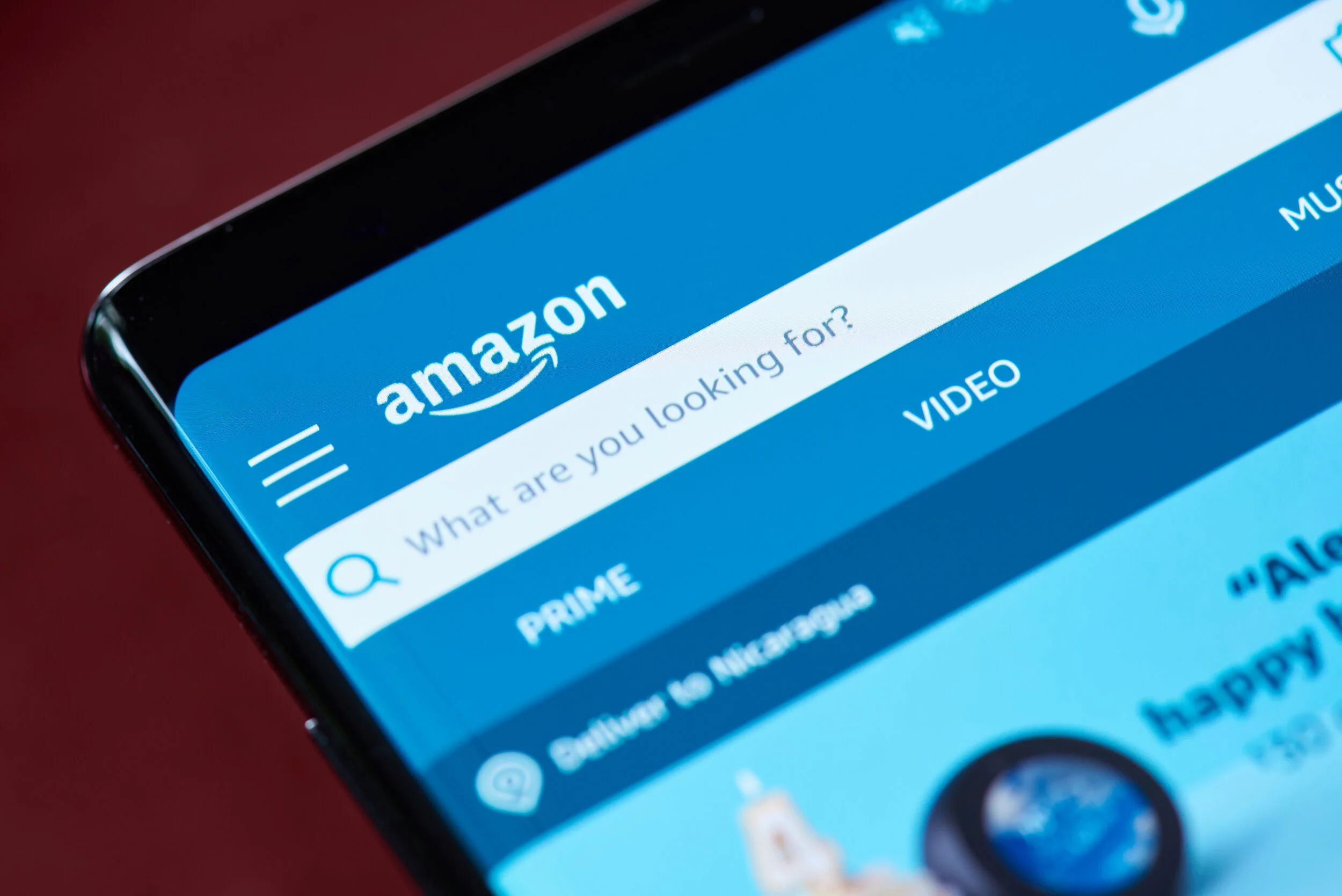Getting Started on Amazon: What is a Keyword List?
The keyword list for any product is the most current list of keywords (customer search terms) that ads are running for to rank the product organically in customer search results.
Before diving into more about what a keyword list is and why you need one, it’s important to go over a few important terms.
Keyword - A customer search term you wish to rank a listing page for organic and paid search on Amazon.
The Amazon Search Bar
Organic Search - When Amazon shows your listing without you paying them to show it. Amazon will rank the order of listings it shows based on many factors, like relevancy and sales history.
Paid Search - When Amazon shows your listing to a customer search term query because you are paying for that (relevant) placement. Paid search placements look like organic results and many customers cannot tell the difference. To tell the difference, paid search placements will have the word “sponsored” below the product image- see below.
Paid Search vs. Organic Search Placement
Placement - When your ad is shown for a specific customer search term (keyword) we say that it is “placed.” An ad that does not show is experiencing “no placement.” This could be due to bids that are too low or Amazon thinks the product is not relevant and refuses to show it.
For example, Amazon won’t place an ad for a soap product on a search query result for “cereal” unless you bid very high.
What is a keyword list and why do we need one?
The keyword list is the foundation you need to optimize the text in your listing for search and the foundation of your product advertising strategy. With a quality keyword list, you can test for search volume, click-through-rate, and conversion rate. You can also track your organic rank for these keywords to see if your rankings are improving over time.
With enough time and the assistance of math, you let the data tell you which keywords are valuable and which you can ignore. This helps you continually improve your product positioning, listing optimization, and advertising strategies.
Without a testable, trackable keyword list, you are operating in the dark. Your keyword list should evolve and improve over time, making your advertising less expensive and more effective, and increasing the amount of organic (unpaid) sales.
Paid Sale - A sale that started with a customer clicking on a paid ad placement.
Organic Sale - A sale that resulted from a non-paid click like organic search, from browsing, or word-of-mouth.
It’s important to note that at the beginning of any product launch, paid sales will be the majority of total sales. However, over time as you improve your organic search rankings, the majority of your sales will become unpaid and organic.
Developing an effective keyword list takes time and patience but will benefit you and your brand in the long run.
Ready to start building your keyword list? Contact Granitsa E-commerce Solutions to start today!
Petros Neofotistos
Petros lives on the cutting edge of e-commerce marketing and data analytics. He helps clients build strategies to target and retarget customer segments that lead to sales. He can take the overwhelming amount of business data available to brands, find the important information, and apply that information to business and marketing decisions with a tight feedback loop.





